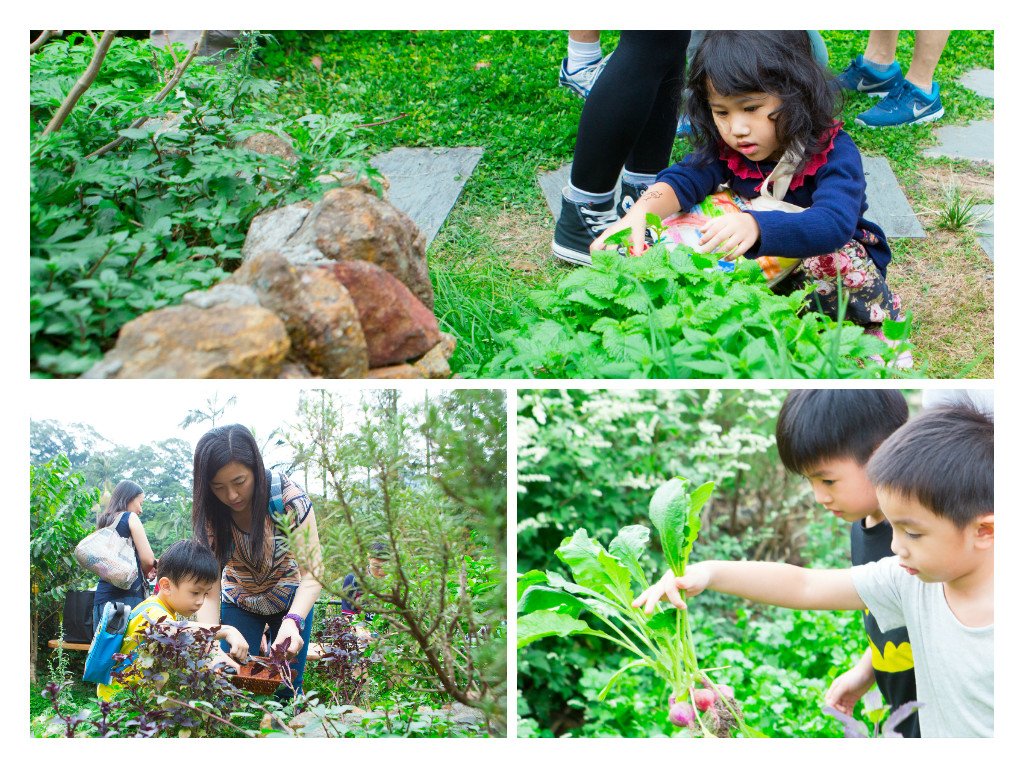

In part, biodiversity-loss reflects our disconnection from nature. Modern urban lives have many comforts and conveniences, novelties and thrills, but it is becoming increasingly clear that these come at great cost. In one survey 73% of mothers worldwide said their children preferred to play outside, yet only 5% of mothers in China said their children explore nature often (i). If we do not feel that we are part of nature we do not feel any pain when we are playing a part in damaging nature.
- Playing and exploring nature is not only fun, it develops a sense of self and one's place in the world, and encourages creativity, problem-solving, and emotional and intellectual development.(ii)
- Contact with soil also strengthens immunity to disease. People brought up isolated from nature are more prone to anxiety, depression and attention-deficit disorder.(iii)
- As the pursuit of economic growth demands increasing productivity from dwindling resources, we often feel squeezed and pressured, leading to stress and illness. Reconnecting to nature is a valid solution.
It is not necessary for us to return to ‘primitive living’ to re-acquire this essential connectedness. We can do it by spending quiet, reflective time in nature; by growing some of our own food and nurturing soil; by watching birds, flowers and insects; by tuning in to natural sounds, scents and patterns and by simply communing with life. To calmly experience nature is to transcend anxieties and find happiness.
- Singer, Dorothy, Singer, Jerome, D’Agostino, Heidi & DeLong, Raeka. 2009. Children’s pastimes and play in 16 nations: Is free-play declining? American Journal of Play Winter 284-312.
- Kellert, Stephen R, 2005. Nature and childhood development.” In Building for Life: Designing and Understanding the Human-Nature Connection. Washington, D.C.: Island Press, 2005.
- Charles, Cheryl & Louv, Richard, 2009. Children’s Nature Deficit: What We Know – and Don’t Know.
http://www.childrenandnature.org/downloads/CNNEvidenceoftheDeficit.pdf

